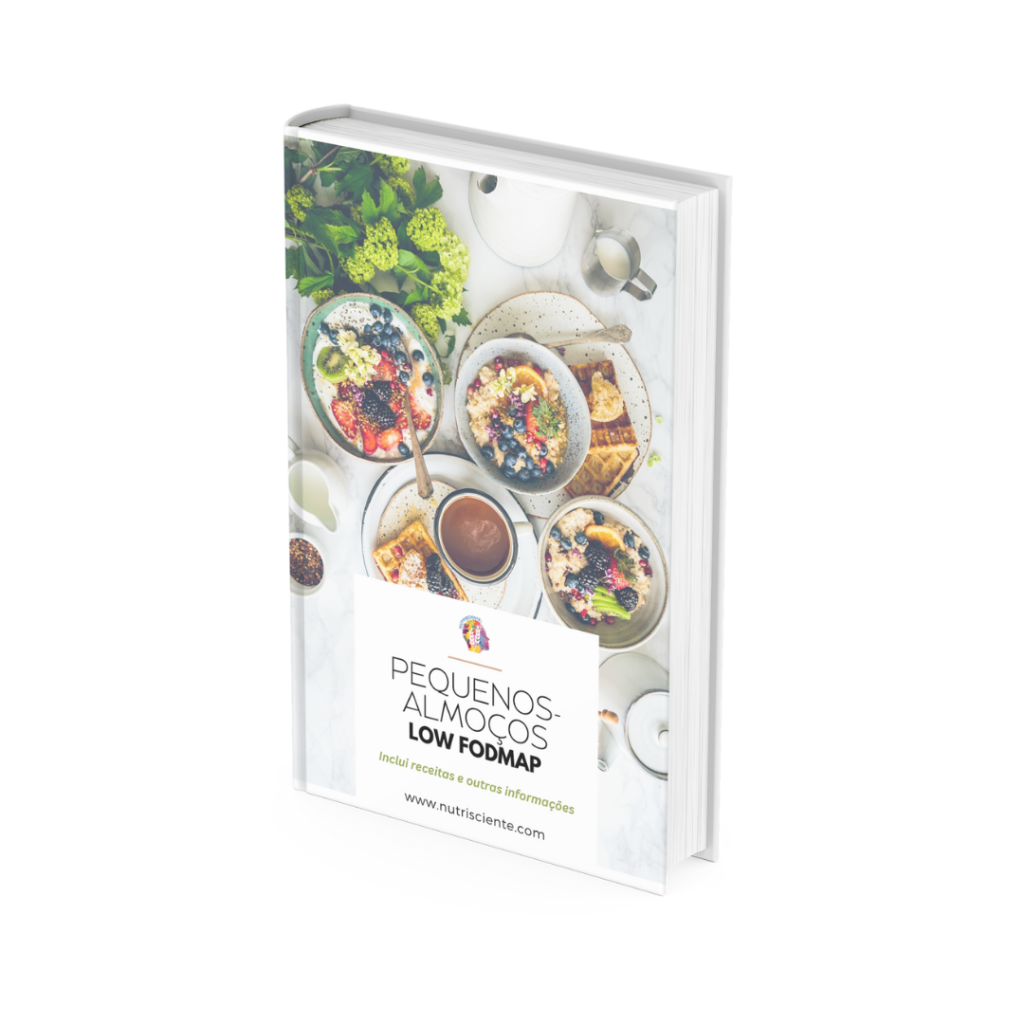I have almost as many years of profession in Nutrition as in Music (this said like this it seems I’m older than I look, but I actually started in music at a very young age). And today we celebrate the World Music Day, a day that is so special to me. And what does the subject music do in a Nutrition Blog? If there is something that fascinates me it is when there is a symbiosis between art and science. They could be two non-intersecting areas, but as I often say: we are not just one thing, we can be many things!
And so, how does music relate to food?
In fact, eating behaviour is somewhat complex and is not only influenced by individual factors (such as psychological factors, biological factors, personal preferences, emotional attachments, etc.), but also by other external factors involving the whole eating environment (from lights, colours, smells, temperatures and, among others, music!) (1).
Yes, the interaction between cognitive processes (mind) and external auditory cues can indeed influence our eating behaviour (2).
On the one hand, some recent studies have shown that both music and its volume can influence consumer behaviour. For example, consumers tend to drink and eat more when the volume of music is turned up, possibly because louder music is more exciting and promotes that eating behaviour – a very interesting data to observe in the catering establishments you frequent (1)! Also in these studies we can see in common another interesting result: listening to music while eating significantly affects meal duration. It was found that, compared to silence, the increase in meal duration while listening to music could be explained by distraction and the rhythm effect – in which, conscious or not, individuals align their own rhythms with external rhythms – thus resulting in slower chewing when listening to slow music or faster chewing in an environment with music with accelerated rhythms (1, 2). One study, in particular, went further in its conclusions, suggesting that classical music may be beneficial in reducing salty food (3). Interesting? I would also add that certain pieces of music, specifically designed for some studies in food consumption, have been associated with certain basic flavours and mouthfeelings, which may influence the taste perception of certain food products when they are listened to (1).
On the other hand, we know that certain sounds influence how we feel (the humor), and through these sensations, emotions, per se, can play an important role in our eating behaviour – both why we choose to eat certain foods and how much we eat them. Whether music or certain sounds can be used as a strategy to reduce the ‘overeating’ response resulting from a change in mood is still unclear to science and more research needs to be done (4).
Although it is a topic that needs further study, evidence suggests that playing music during meals can improve the eating environment, individual and social well-being, and influence food intake as well as the individual’s nutritional status (2).
According to this evidence, Nutrisciente® has made a selection of songs and organised a playlist that you can access through Spotify. Our suggestion is that you listen to it while preparing your meals or when consuming them. Test with yourself the influence that these sounds have on your eating behaviour, the quantities you consume and satiety after the meal. And if you feel good, share the playlist with others who may also see differences in themselves.
The mission of Nutrisciente® is to nurture with Harmony, too.
With Love,
Sara Barreirinhas
References:
1. Mathiesen SL, Mielby LA, Byrne DV, Wang QJ. Music to eat by: A systematic investigation of the relative importance of tempo and articulation on eating time. Appetite. 2020;155:104801.
2. Mathiesen SL, Hopia A, Ojansivu P, Byrne DV, Wang QJ. The sound of silence: Presence and absence of sound affects meal duration and hedonic eating experience. Appetite. 2022;174:106011.
3. Hussain M, Egan H, Keyte R, Mantzios M. Exploring the Environmental Manifestation of Types of Music on Reinforcing Mindfulness and Concurrent Calorie Intake. Psychological Reports. 2021;124(6):2633-50.
4. van den Tol AJM, Coulthard H, Lang V, Wallis DJ. Are music listening strategies associated with reduced food consumption following negative mood inductions; a series of three exploratory experimental studies. Appetite. 2022;172:105947.





